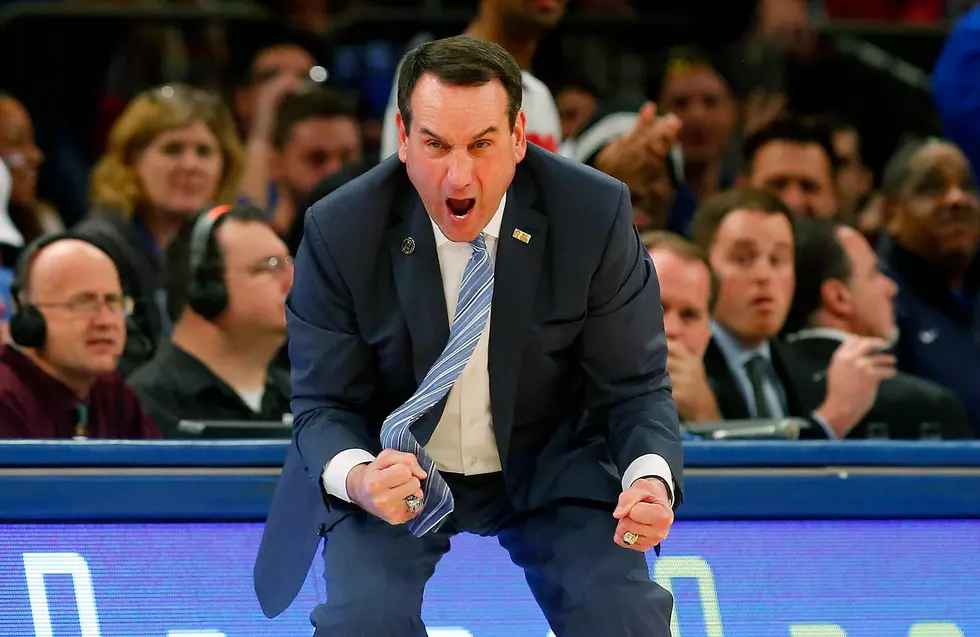
Tuition at Colorado Colleges Has Increased 65% in Last Decade
Yup, you read the headline correctly. Feel free to cry with me.
Thankfully, the higher-ups of education are recognizing that this is an issue. According to The Denver Post, Colorado's college presidents, the Colorado Department of Higher Education (CDHE), and Governor Jared Polis met in Denver to figure out a solution.
The department reports that tuition at Colorado's public colleges and universities has increased by more than 65% in the last decade.
On top of this, a majority of in-demand jobs require some form of education past high school, which is something that 43% of adults in Colorado do not have.
From 2008 to 2018, tuition at public community colleges in Colorado rose by over 50%. Tuition at four-year schools increased by almost 70%, with costs currently sitting at around $11,200 annually.
Governor Polis admits that these costs are extremely high, stating that "...the cost of higher education has gone up at a rate significantly higher than inflation."
Tuition costs spiked between 2009 and 2012 during the recession, which caused Colorado to cut higher education budgets. Our state's funding levels are still 11% lower than what they were before the recession.
According to Andy Feinstein, president of the University of Northern Colorado, the rising costs are due in part to the high cost of living, increasing health care costs, and strengthened cybersecurity on campuses.
However, the CDHE's report did provide 18 solutions to help solve the problem, including lowering textbook costs and counting previous work experience as an academic credit.
The solutions are divided into short, medium, and long-term steps, all with the common goal of reducing college costs.
"For the state to meet its workforce needs, all Coloradans must have access to affordable postsecondary education," said the CDHE. "...[the report] sets an ambitious goal to reach 66 percent postsecondary attainment by 2025."
More From 95 Rock









